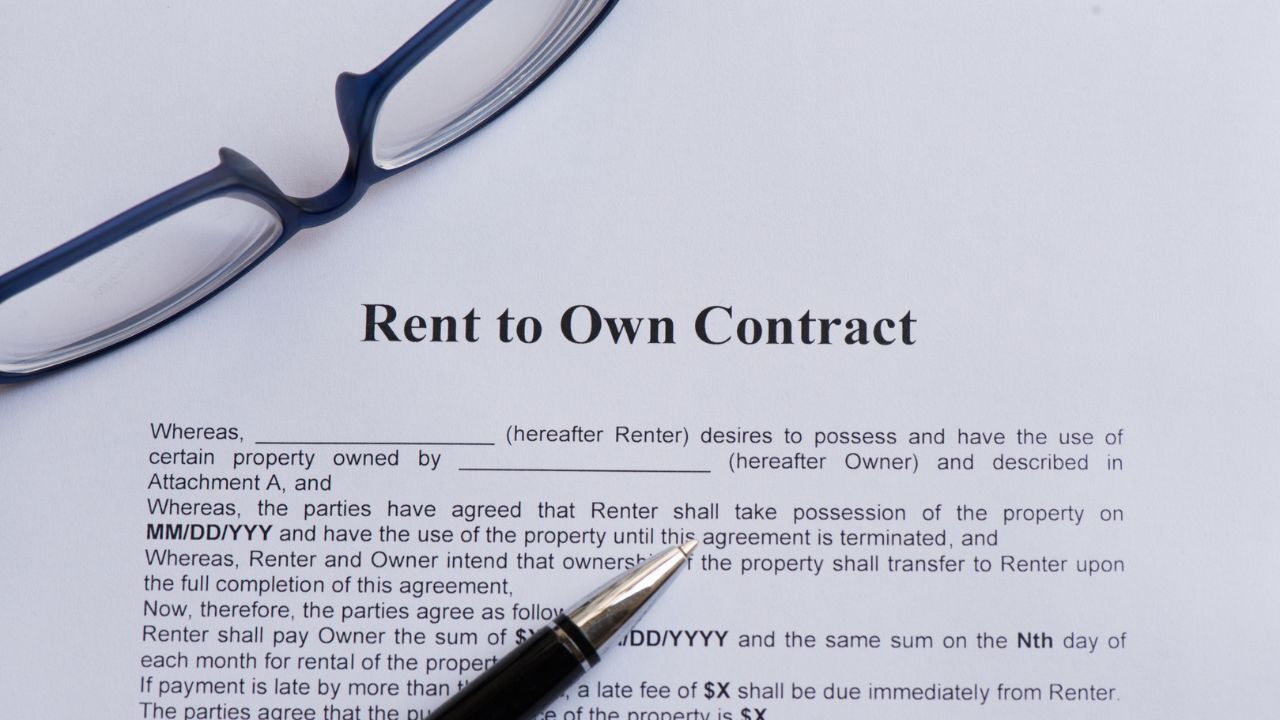 Selling a home that has limited storage space can feel challenging, but with the right strategy, you can highlight the home’s strengths and help buyers focus on possibility rather than limitations. With thoughtful preparation and clear presentation, even a small-space property can make a strong impression.
Selling a home that has limited storage space can feel challenging, but with the right strategy, you can highlight the home’s strengths and help buyers focus on possibility rather than limitations. With thoughtful preparation and clear presentation, even a small-space property can make a strong impression.
Start with Decluttering
A clean and simplified space always feels larger. Begin by removing items that you do not need for daily living. Clear floors, open shelves, and uncluttered surfaces create the look of more room and help buyers imagine their own belongings in the space. Packing and storing personal items in advance also prepares you for your move.
Maximize Every Available Area
Look at each room with a fresh perspective. Add simple, functional storage where it will help the most. This can include baskets, drawer organizers, shelf risers, or under-bed bins. These solutions show buyers that the home can support everyday living without feeling crowded.
Use Furniture that Supports Function
Choose furniture that doubles as storage. Benches with interior compartments, ottomans that open, or side tables with drawers can make the home feel more practical. Removing oversized or unnecessary pieces also helps rooms feel more open and inviting.
Highlight Creative Storage Solutions
Showcasing smart storage helps buyers see opportunities. Hooks, wall-mounted shelving, closet systems, and well-organized cabinets demonstrate how to use vertical space effectively. Visual order makes the home feel more spacious and more move-in ready.
Create an Open and Airy Feeling
Light and color have a powerful effect on how spacious a home feels. Soft, neutral colors and open window coverings allow natural light to brighten each room. Clear pathways and intentional furniture placement make the layout feel comfortable and easy to navigate.
Selling a home with limited storage is all about presentation, organization, and helping buyers see the true potential of the space. With careful preparation, you can create a welcoming environment that feels open, functional, and ready for new owners.
 Selling a home through a rent-to-own agreement can create a flexible path for both sellers and future buyers. This arrangement allows a tenant to live in the home while preparing to purchase it later, giving the seller steady income and a committed future buyer.
Selling a home through a rent-to-own agreement can create a flexible path for both sellers and future buyers. This arrangement allows a tenant to live in the home while preparing to purchase it later, giving the seller steady income and a committed future buyer.
 A home can look beautiful on the surface, but a past flooding event can create long term challenges that buyers need to understand. If you are considering a property with any history of water intrusion, taking time to learn the risks can protect your safety, your finances and your peace of mind.
A home can look beautiful on the surface, but a past flooding event can create long term challenges that buyers need to understand. If you are considering a property with any history of water intrusion, taking time to learn the risks can protect your safety, your finances and your peace of mind. Selling a home can feel emotional and overwhelming, especially when financial pressures make it difficult to keep up with payments. For some homeowners, a short sale becomes a realistic path toward a fresh start. If you are exploring this option, understanding how the process works can help you move forward with confidence.
Selling a home can feel emotional and overwhelming, especially when financial pressures make it difficult to keep up with payments. For some homeowners, a short sale becomes a realistic path toward a fresh start. If you are exploring this option, understanding how the process works can help you move forward with confidence. When buying or selling a home, the foundation is one of the most important yet overlooked elements. It supports the structure, affects durability, and can influence everything from comfort to resale value. As a real estate agent, I often remind clients that understanding the type and condition of a home’s foundation can help them make informed choices and avoid costly surprises later on.
When buying or selling a home, the foundation is one of the most important yet overlooked elements. It supports the structure, affects durability, and can influence everything from comfort to resale value. As a real estate agent, I often remind clients that understanding the type and condition of a home’s foundation can help them make informed choices and avoid costly surprises later on.